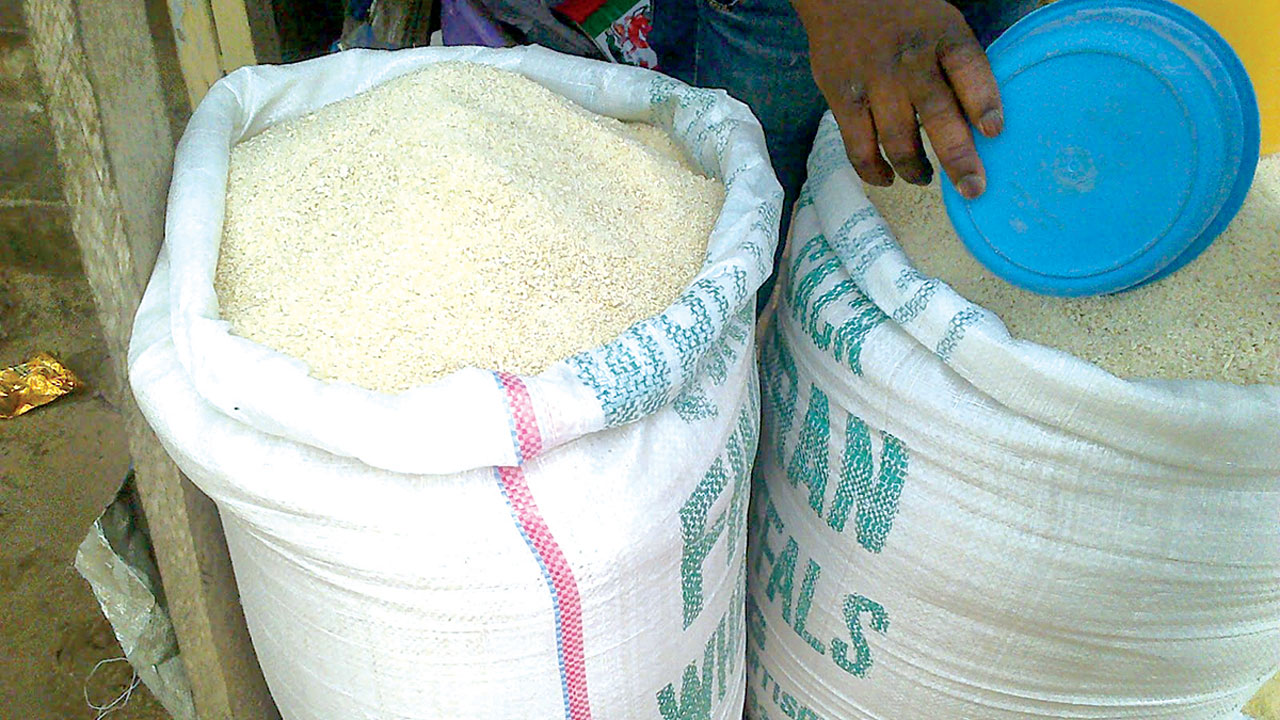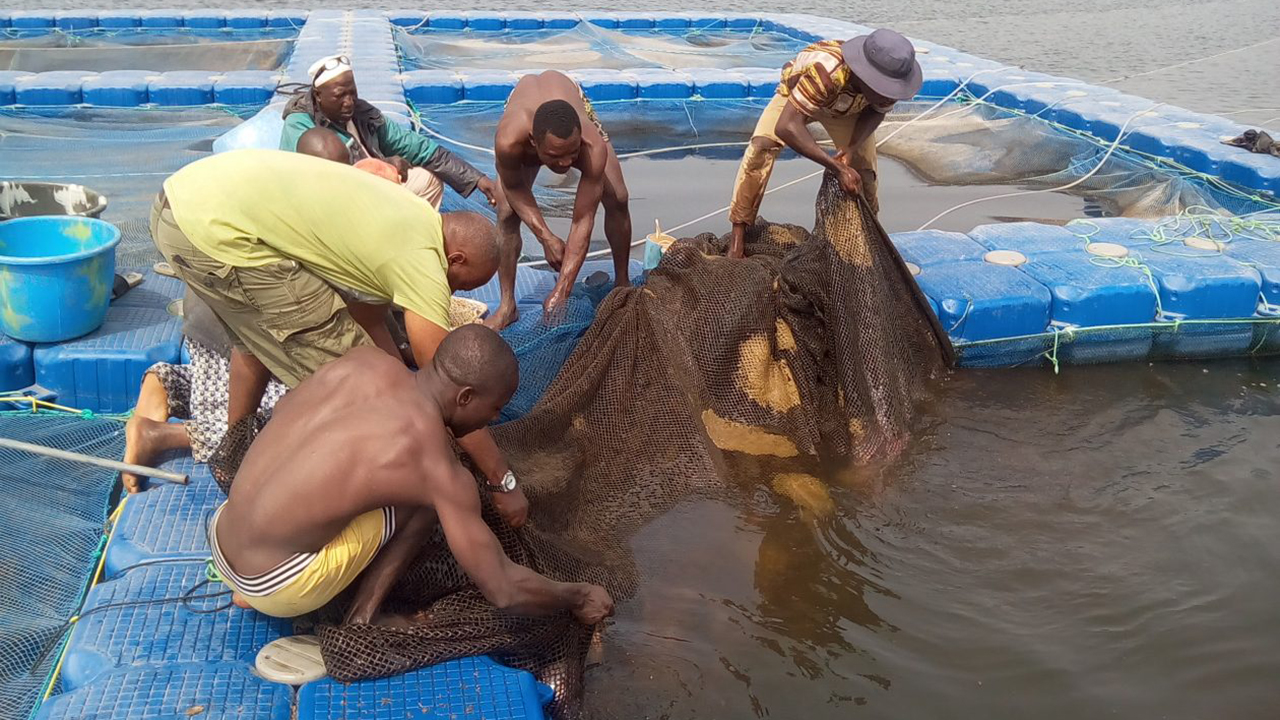
Garri, a common staple food widely consumed by Nigerians, especially in the South, is gradually going beyond the reach of the masses, as its price keeps increasing almost on daily basis.
Hugely popular in the country, it is the most widely traded cassava product, accounting for more than 75 per cent of produce extracted from cassava.
Garri is creamy-white, granular flour with a slightly fermented flavor and a slightly sour taste made from fermented, gelatinised fresh cassava tubers. It has traditionally remained cheaper than other carbohydrates sources like rice and maize.
Based on investigations, the market price of the produce has increased tremendously, with as high as over 100 per cent since January. The matter was made worse as a result of the coronavirus pandemic (COVID-19), which negatively impacted on farmers’ productivity.
The Secretary of the Lagos State Chapter of All Farmers Association of Nigeria (AFAN), Abimbola Fagoyinbo-Francis, raised the alarm few months back that if urgent solution is not provided, cassava will be expensive towards the end of 2020 and early 2021. What is being experienced now appears the manifestation of his prediction.
“There may not be enough cassava for garri, cassava flour and other food items. Even if cassava is available, it will be very expensive. Already, garri is not affordable now. Go to the market and see for yourself. It is no longer a cheap food anymore.
“Many farmers boycotted cassava cultivation in 2020, and this development could lead to scarcity of the produce. The reason for the boycott was due to the huge losses recorded in 2019 by many farmers as a result of glut. Last year, I lost over N600, 000 to cassava cultivation and I know many farmers that also lost their money to it,” she said.
As predicted, the price of garri is rising steeply. In major markets in Lagos, a paint bucket module of garri, initially sold for N350 is currently selling for between N1, 200 and N1, 300. A survey of Mile 12 market, Agege and Ile-Epo showed that the wholesale price of the same module, initially sold for N400 and N450 is now N900.
A bag of 30 paint buckets sold for N9, 000 earlier in the year is now N27, 000 across the major markets. In Ogun State, the same module sold at the rate of N300 to N350 at Ifo market, Arigbajo, Wasimi, Lafenwa, Panseke and other popular markets in the state is now selling as high as N700 to N850.
It was learnt that the price increase, which cuts across the Southwest states, which produces bulk of the cassava, might further increase as those still having cassava in their farms are selling them at higher prices.
A farmer, Toluwalope Daramola, who is the founder of Menitos Farm Depot, attributed the development to global warming and herdsmen clashes across the southwest and the middle belt.
She said: “The last bag of 30 paint buckets I bought was N27, 000 from N17,000 to N19,000. I was given same price at Mile 12, Agege and Oke Odo. Lesser quality might be cheaper if you don’t mind the sand and clumps.
“Let’s stop deceiving ourselves, some farmers are harvesting cassava meant for next year as we speak. If they replant, it would take at least eight months to harvest. So, garri will continue to get scarce and price is still going to go up.”
Daramola, who said the situation could have been averted by addressing insecurity, added that: “no one wants to plant for cow to eat and you can’t do anything about it. No compensation and no repercussions, sometimes you even get threatened for trying to stop them.
“In the absence of adequate security at the farms, production is certain to decline. Except the issue of insecurity and more effective distribution network is addressed. The future is very bleak for most farmers. Or are the expecting farmers to add cost of fencing to the already high cost of requirements to farming?”
A cassava farmer, Mr. Soji Owoeye, also said the price of the produce would continue to increase, as cassava is insufficient. “Cassava farmers have reduced drastically leading to high demand for cassava. The industrial demand from companies using ethanol for their production is one of the major factors affecting availability of cassava now.
“If the government is serious, there shouldn’t be scarcity of cassava now. About five hectares of the cassava farm I cultivated in 2018 in Elere area of Ogun State was demolished for the cargo airport project, I was only paid N15, 400, it was the same experience for other farmers. So, how do you expect us to cultivate cassava again?”





